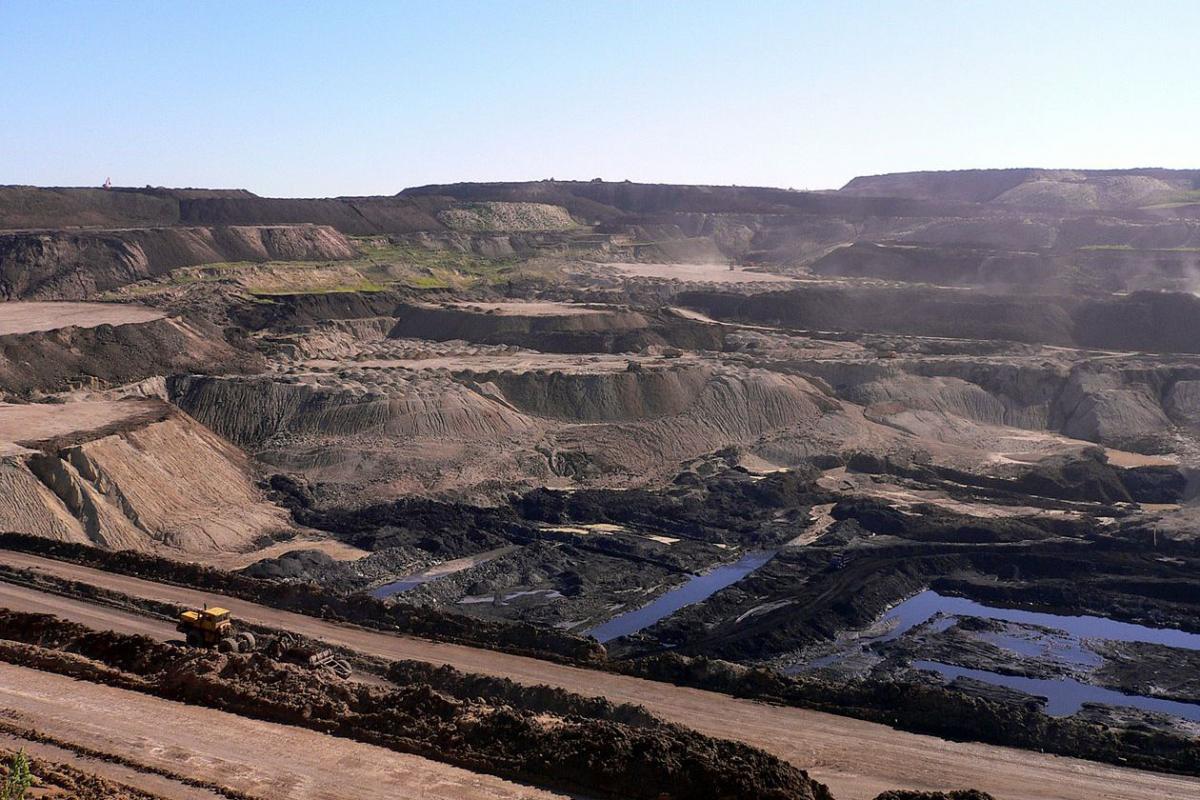D: Greenhouse gases trap the sun’s heat in a planet’s atmosphere. Carbon dioxide is the most familiar example, Yaël. The release of carbon dioxide by burning fossil fuels is the main cause of global climate change.
Y: Yes, Don, but let’s not forget about methane. It’s an important contributor to human-caused global climate change, too. Although less methane than carbon dioxide is being released, methane is far more effective at trapping heat. The amount of methane in the atmosphere has increased more than two-and-a-half times since the industrial revolution began, and researchers estimate that methane has contributed as much as a quarter of the total amount of global warming. According to two studies by international scientific teams published in twenty-twenty, the amount of methane being released by human activities has skyrocketed over the last twenty years.
D: That sounds bad. What kinds of activities are producing all that methane?
Y: Methane is the main component of natural gas. It leaks from oil and gas wells, from pipelines, and even home gas stoves. Coal mining releases methane from rock. Agricultural activities are another major source. Livestock like cattle and sheep produce methane as part of their digestive process. The growing of rice is also a significant source. Without controlling methane emissions, it will be impossible to meet the goals of the Paris climate agreement.
D: So, what can we do?
Y: Leakages of methane from oil and gas infrastructure can be reduced, as can meat consumption. Additives to animal feed can reduce their methane emissions. Solutions are possible, given the will to act.









